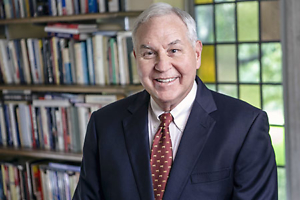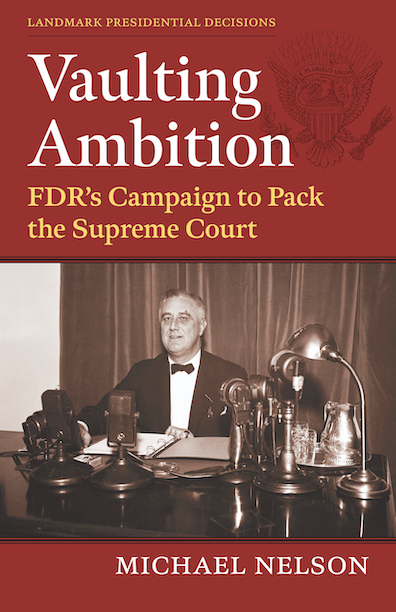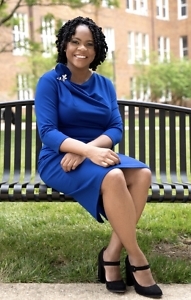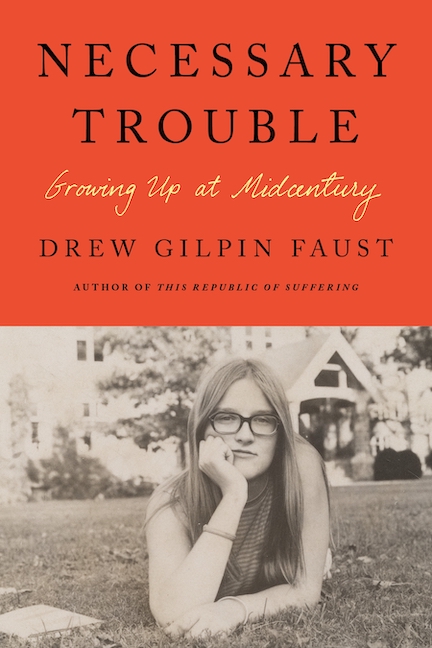Big Men on Campus
Michael Nelson finds lessons in one family’s legacy of leadership
The Washington Post has called the Reveleys “Virginia’s academic dynasty.” Three generations have served as presidents in the state’s institutions of higher education: Taylor Reveley II at Hampden-Sydney College from 1963 to 1977, Taylor Reveley III at William & Mary University from 2008 to 2018, and Taylor Reveley IV at Longwood University since 2013. In How College Presidents Succeed, Michael Nelson profiles all three Reveleys, drawing lessons on how to lead.
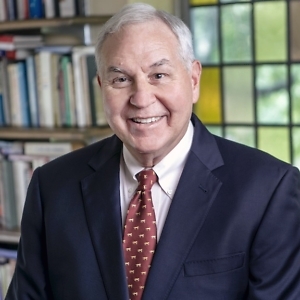 Nelson is the Fulmer Professor of Political Science at Rhodes College. He has published more than 30 books and 50 articles on the presidency, elections, Southern politics, and more, including Resilient America: Electing Nixon in 1968, Channeling Dissent, and Dividing Government, winner of the Richard E. Neustadt Award. He answered questions from Chapter 16 via email:
Nelson is the Fulmer Professor of Political Science at Rhodes College. He has published more than 30 books and 50 articles on the presidency, elections, Southern politics, and more, including Resilient America: Electing Nixon in 1968, Channeling Dissent, and Dividing Government, winner of the Richard E. Neustadt Award. He answered questions from Chapter 16 via email:
Chapter 16: Rear Admiral William McRaven, a former chancellor for the University of Texas, has stated that being a college president is the toughest job in the world. Why? What pressures does the job bring?
Michael Nelson: Even before President Trump went after universities from the start of his second term, the pressures on college presidents were enormous: declining financial support from state governments, criticism of higher education from both the left (elitist!) and the right (woke!), finding the right balance between academics and athletics, and on and on. And those are just some of the pressures from outside the campus. Within each college or university, they face the excessive and often contradictory demands of faculty, students, staff, alumni, trustees, and every other stakeholder. Higher education no longer has the mandate of heaven it previously seemed to enjoy in American society.
Chapter 16: If campuses are full of competing constituencies, how do you bring them together? What leadership lessons can we draw from the experiences of the Reveleys?
Nelson: All three Reveleys have stressed the need to foster pride on campus through morale-building ceremonies that remind these competing constituencies of what unites them as members of a campus community with deep traditions. All three also have struck the right balance between listening to any voice on their campus that wanted to be heard and not allowing the loudest of those voices to prevent them from leading.
Chapter 16: What accounts for these three generations of men all becoming college presidents? What are the continuities and contrasts in their paths to these leadership roles?
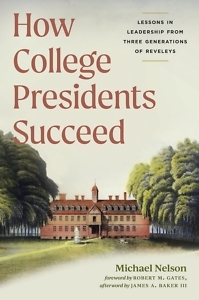 Nelson: None set out to be a college president. Taylor Reveley II was a combination professor, dean, chaplain, and baseball coach at Rhodes College before being called by his alma mater to become president of Hampden-Sydney College. His son, Taylor Reveley III, grew up in their modest home on Tutwiler and graduated from Snowden School and Central High before leaving Memphis for college. Nearly all of his professional life was spent as a practicing lawyer before, at age 55, he became dean of the William & Mary Law School and, ten years later, president of William & Mary. Both he and his son Taylor Reveley IV, also a lawyer, had the benefit of learning from their predecessors about how to lead effectively, in Taylor IV’s case at Longwood University, where he has been president since 2013.
Nelson: None set out to be a college president. Taylor Reveley II was a combination professor, dean, chaplain, and baseball coach at Rhodes College before being called by his alma mater to become president of Hampden-Sydney College. His son, Taylor Reveley III, grew up in their modest home on Tutwiler and graduated from Snowden School and Central High before leaving Memphis for college. Nearly all of his professional life was spent as a practicing lawyer before, at age 55, he became dean of the William & Mary Law School and, ten years later, president of William & Mary. Both he and his son Taylor Reveley IV, also a lawyer, had the benefit of learning from their predecessors about how to lead effectively, in Taylor IV’s case at Longwood University, where he has been president since 2013.
Chapter 16: Each of the Reveleys had to navigate challenges unique to their time and circumstance, from racial integration in the 1960s to COVID in the 2020s. What can we learn from how they addressed those challenges?
Nelson: Many things, but to highlight two: a desire to lead when leadership is essential and patience with those who were pressing the panic mode. No campus lacks for such people.
Chapter 16: How did you come to write about the Reveleys? What personal connections and institutional ties shaped the making of How College Presidents Succeed?
Nelson: I did not know, but I did know of, Taylor Reveley II, who had been such an important presence at Rhodes, where I teach, as well as of Taylor Reveley III, whose presidency of William & Mary I admired as a W&M alum. Taylor Reveley IV became a friend when he was executive director of the University of Virginia’s Miller Center and I was a senior fellow there. Beyond these personal connections, as a student of the American presidency, I was fascinated by each of these three presidents’ ability to lead their institutions successfully for a decade or more at a time when the typical college president lasts less than six years.
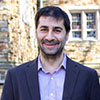
Aram Goudsouzian is the Bizot Family Professor of History at the University of Memphis. His most recent book is The Men and the Moment: The Election of 1968 and the Rise of Partisan Politics in America.
